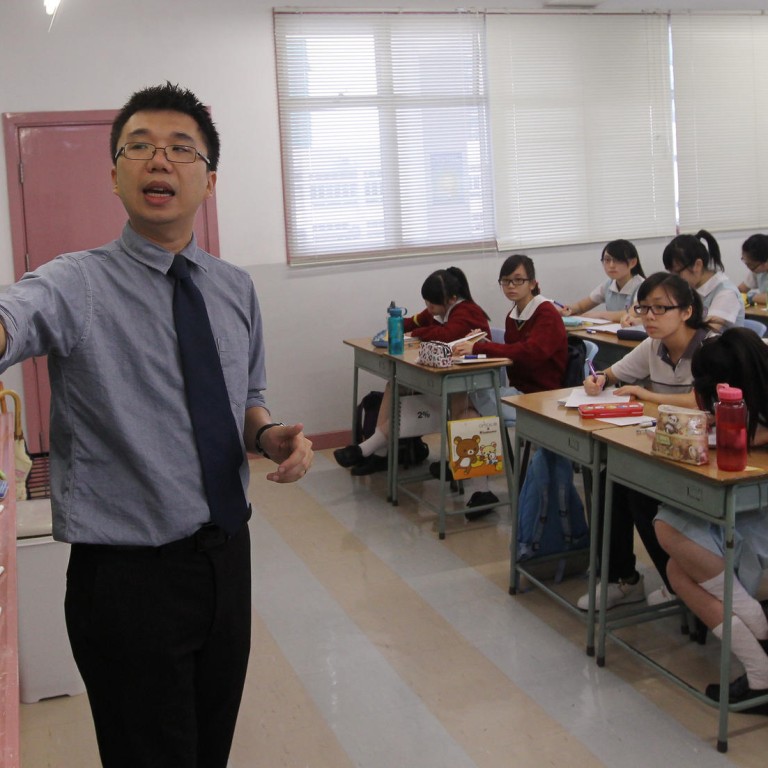
Roots of liberal studies
The liberal studies exam in this year's Hong Kong Diploma of Secondary Education examination, under way until early next month, contained the previously taboo topic of the June 4 crackdown in Tiananmen Square.
The liberal studies exam in this year's Hong Kong Diploma of Secondary Education examination, under way until early next month, contained the previously taboo topic of the June 4 crackdown in Tiananmen Square. It caught some by surprise. But then, a sense of bewilderment surrounded the whole idea of liberal education.
"How can liberal education be a course?" was a question many of us raised years ago. Isn't it a way of learning? A way of training? A thing that belongs to college (meaning undergraduate) education? How is it to be defined, anyway?
These are legitimate questions, and I do not propose to deal with them in one column. But I believe they are important to the future of this community, so I'll try to explain. But first, let me clarify the "state of confusion" we are facing today.
Part of the problem stems from the very term "liberal education" and its Chinese translation. The University of Hong Kong has a lib ed department and calls it in Putonghua. At Chinese University, the department is called "general education" in English. At the University of Science and Technology, they don't have a department, only a few electives taken as . At Lingnan University, the lib ed programme is called by a different, but appropriate name - . In Taiwan, it's called , but on the mainland, the term most often used is (literally, quality education).
Most of us, including those in the higher education sector, don't know what lib ed really is
Each university, therefore, has its own approach, and although each is doing its best under the present system, it's far from desirable. Lib ed is being defined arbitrarily because there is no consensus on what it is. What's more, it also tells us - so it seems - that most of us, including those in the higher education sector, don't know what lib ed really is. It's hard to blame them, though. Just a few decades ago, we had never heard of such a term.
Even after we have borrowed the concept from American higher education, we pay it only lip service. The phrase is high sounding, but the people who started these programmes at our colleges never received proper lib ed training themselves.
To have a better understanding of what it truly is, let's go back further to the roots of the story.
Modern liberal education, known as liberal arts education in the United States, is an American phenomenon, though its heritage comes from the Renaissance of 15th-century Europe. To bypass learning institutions controlled by the Roman Catholic church, secular scholars in Italy created , which is Latin for the studies of human knowledge. The subjects were rhetoric, history, mathematics and astronomy, logic and philosophy, and Latin. For the next five centuries, knowledge of those subjects was the basis to judge whether a person was cultivated.
But classical culture was also involved, as people believed the works of philosophers Aristotle (ancient Greece) and Cicero (ancient Rome) were vital, as that's how one learned to read and write, and to have morality and wisdom. That's how they nurtured a people with "liberal" learning.
Ronald Teng is founder of MEA, a promoter of liberal arts education
